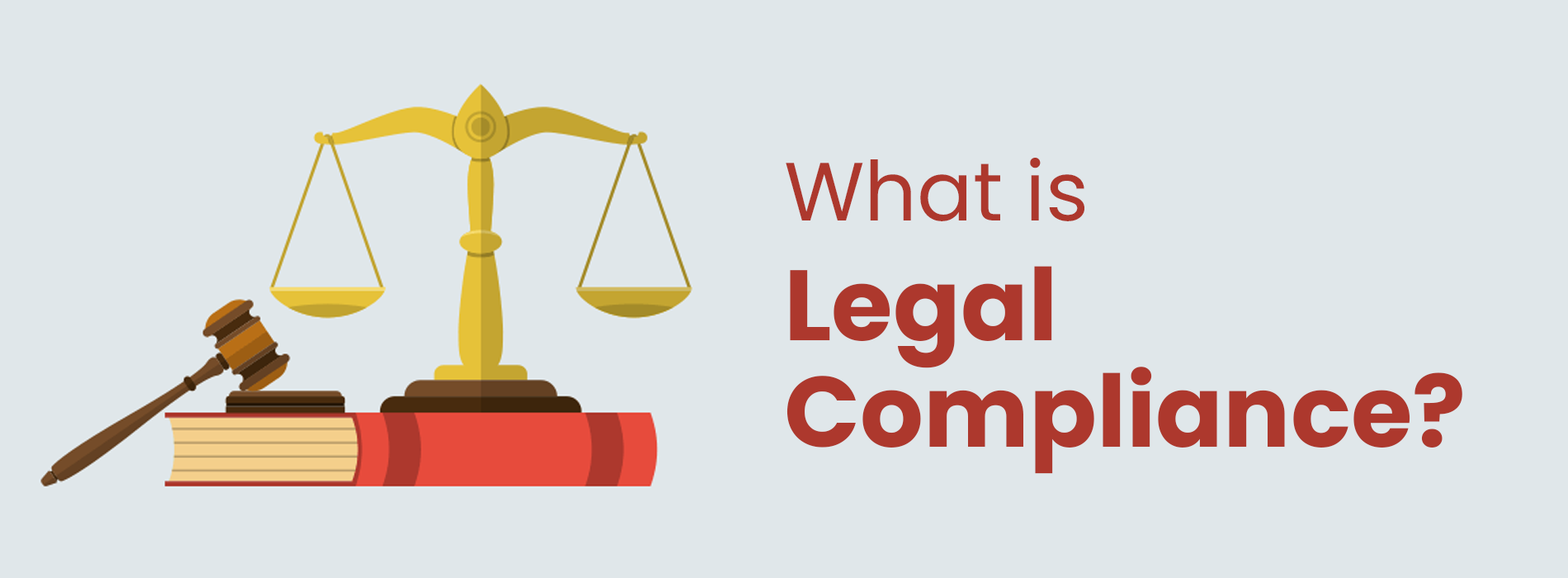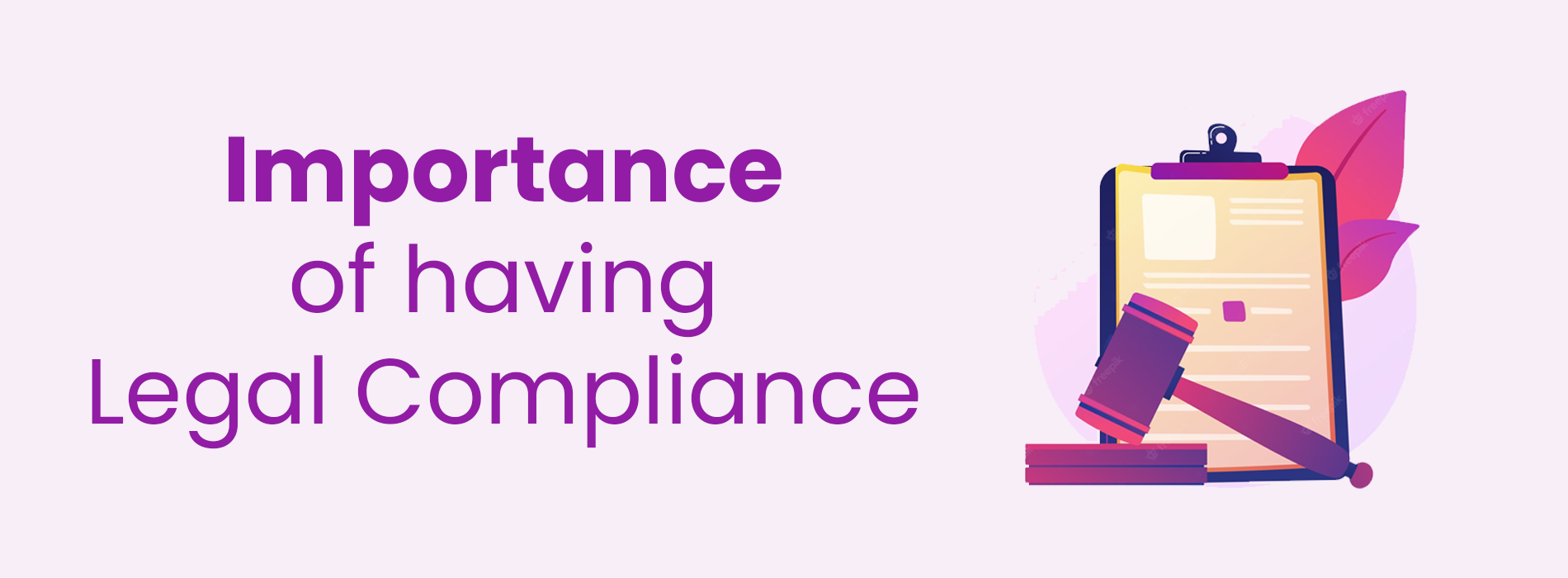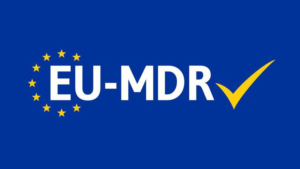In an era of digital innovation, the software engineering landscape has expanded beyond lines of code and algorithms. Beyond the realms of creativity and functionality, there exists a crucial yet intricate dimension that holds power to shape the trajectory of software development endeavors – legal compliance.
Software engineering, conceptualizing, designing, implementing, and refining software applications, entails more than mastering programming languages, algorithms, and design principles.
It also involves an intricate dance with the legal frameworks, regulations, and standards governing software product use, distribution, and maintenance. These legal constraints protect intellectual property, safeguard user data, and ensure software products adhere to industry-specific and cross-domain norms.
This article delves into the often-overlooked realm of legal compliance in software engineering, exploring its definition, importance, complexities, and implications.
Definition of Legal Compliance in Software Engineering
Legal compliance in software engineering refers to ensuring that software development, distribution, and usage adhere to relevant laws, regulations, standards, and ethical principles.
It encompasses creating software products that meet functional and performance requirements and align with legal obligations designed to protect intellectual property, user privacy, data security, and other legal considerations.
This entails a comprehensive understanding of the legal landscape, including international and industry-specific regulations, and integrating legal compliance considerations throughout the software development lifecycle.
Legal compliance aims to mitigate legal risks, financial liabilities, and reputational damage arising from non-compliance while upholding ethical standards in software engineering practices.
Importance of Having Legal Compliance
The importance of adhering to legal compliance in software engineering cannot be overstated, as it influences the success of software products and the reputation and credibility of the organizations involved. Here, we delve into the multifaceted significance of maintaining legal compliance within software engineering.
1. Risk Mitigation and Legal Repercussions
Legal compliance protects against potential legal actions, fines, and penalties arising from non-compliance with relevant laws and regulations. Software products that fail to meet legal requirements can expose organizations to substantial financial liabilities and tarnish their reputation.
2. User Trust and Data Privacy
In an era where data breaches and privacy concerns dominate headlines, legal compliance fosters user trust. Adhering to data protection regulations assures users that their sensitive information is handled with care and transparency.
3. Intellectual Property Protection
Software often includes complex intellectual property privileges, encompassing copyrights, patents, and trademarks. Legal compliance safeguards these rights, preventing unauthorized use or distribution of software code and ensuring that the rightful owners are recognized.
4. Cross-Border Operations
With software’s global reach, adhering to international regulations becomes paramount. Legal compliance facilitates the smooth distribution of software across borders, accounting for varying legal landscapes and cultural sensitivities.
5. Industry-Specific Regulations
Many industries have sector-specific regulations to which software products must adhere. For instance, healthcare must comply with HIPAA, and financial services must meet stringent security standards. Legal compliance ensures software products align with these industry-specific mandates.
6. Ethical Standards
Beyond legal obligations, compliance reflects an organization’s commitment to ethical practices. Ethical considerations extend to ensuring the well-being of users, protecting their rights, and promoting transparency in software development.
7. Reputation and Brand Integrity
Organizations prioritizing legal compliance demonstrate a commitment to responsible practices. This commitment can enhance brand integrity, attract customers, and foster long-term relationships with stakeholders.
8. Avoiding Disruption and Recalls
Non-compliant software may require significant modifications or recalls, disrupting operations and causing financial losses. Legal compliance minimizes the likelihood of such scenarios.
9. Long-Term Viability
As the legal landscape evolves, maintaining compliance ensures that software products remain viable and adaptable to changing regulations. This longevity is crucial in a rapidly changing technological environment.
10. Stakeholder Confidence
Investors, shareholders, and partners value organizations that operate within legal boundaries. Legal compliance instills confidence among stakeholders, contributing to sustainable growth and investment.
Consequences of Non-Compliance with Legal Regulations
The consequences of non-compliance within software engineering are multifaceted, ranging from financial setbacks to reputational damage.
1. Legal Actions and Penalties
The most immediate and severe consequence of non-compliance is initiating legal actions. Regulatory authorities and those impacted can take legal action, leading to fines, penalties, and legal agreements that may heavily affect organizations financially.
2. Financial Liabilities
Non-compliance often leads to financial burdens beyond direct penalties. Organizations may incur legal fees, investigation costs, and potential compensation to affected parties, which can strain budgets and impact profitability.
3. Reputational Damage
The digital age thrives on information dissemination, making reputation a precious commodity. Non-compliant software practices can lead to negative publicity, eroding customer trust and tarnishing an organization’s image.
4. Loss of Customer Trust
During times marked by data breaches and worries about privacy, people anticipate their information to be managed carefully. Non-compliance with data protection regulations can erode customer trust, reducing user engagement and losing clientele.
5. Product Recalls and Disruptions
Serious compliance violations might necessitate development recalls or significant modifications to software products. These actions disrupt operations, lead to downtime, and incur additional costs for rectification.
6. Legal Injunctions and Restrictions
Regulatory bodies can impose legal injunctions restricting non-compliant software distribution, sale, or usage. These restrictions can severely limit an organization’s ability to operate effectively.
7. Lawsuits from Affected Parties
Individuals or entities affected by non-compliant software may seek damages. This can range from users seeking compensation for privacy breaches to clients demanding compensation for financial losses.
8. Exclusion from Markets
Non-compliance with industry-specific regulations can result in exclusion from specific markets or industries. Organizations may be unable to offer their products or services in sectors that require strict adherence to legal standards.
9. Loss of Intellectual Property Rights
Neglecting intellectual property rights can result in disputes, leading to the loss of proprietary technologies and the erosion of competitive advantages.
10. Regulatory Scrutiny
Non-compliance can trigger regulatory investigations that divert resources and attention from core business activities. These investigations may also unveil additional compliance shortcomings.
Understanding these potential repercussions underscores the necessity of integrating legal considerations into every stage of software development.
By doing so, organizations can safeguard their financial health, protect their reputation, and maintain the trust of users and stakeholders in an environment where software’s impact is pervasive and profound.
Types of Regulations Related to Software Engineering
Within software engineering, many regulations shape the boundaries and expectations surrounding software development, distribution, and usage. These regulations encompass a broad spectrum, addressing diverse aspects such as data protection, intellectual property rights, industry-specific standards, and more.
Here, we explore a selection of critical regulations that wield influence over the intricate dance between software and legality.
1. General Data Protection Regulation (GDPR)
Emerging as a landmark in data protection, the GDPR casts its reach beyond the borders of the European Union. It mandates rigorous controls over collecting, processing, and protecting personal data, ushering in a new era of user privacy and accountability.
2. Health Insurance Portability and Accountability Act (HIPAA)
Within healthcare, HIPAA is a steadfast guardian of patient information. It establishes stringent requirements for safeguarding medical data, fostering trust and ensuring the confidentiality of sensitive health records.
3. Children’s Online Privacy Protection Act (COPPA)
Catering to the online world’s youngest inhabitants, the COPPA safeguards the privacy of children under 13 years old. It makes it necessary for websites and online services to get permission from parents before gathering personal details from young users.
4. California Consumer Privacy Act (CCPA)
Radiating from California’s tech hub, the CCPA furnishes consumers with rights over their data. Empowering individuals to control their digital footprint grants Californians the power to inquire about, access, and even delete their personal information.
5. EU ePrivacy Directive
Navigating the digital landscape’s intricacies, this directive complements the GDPR by focusing on electronic communications. It addresses consent for cookies and other tracking technologies, ensuring transparent interactions between users and websites.
6. Digital Millennium Copyright Act (DMCA)
The DMCA takes center stage in digital content. It equips copyright holders with tools to swiftly address digital infringement, fostering an environment of respect for intellectual property online.
7. Payment Card Industry Data Security Standard (PCI DSS)
Within the domain of financial transactions, the PCI DSS stands guard over cardholder data. It mandates stringent security standards, fortifying the protection of credit card information during transactions.
8. ISO/IEC 27001
Globally acknowledged, this standard illuminates the path to information security management systems. It presents a systematic approach to safeguarding sensitive information, reflecting a commitment to data integrity, confidentiality, and availability.
9. Federal Information Security Management Act (FISMA)
In the realm of federal information systems, the FISMA sets the bar for security. It mandates robust safeguards to protect government information, enhancing the resilience of sensitive data.
10. Medical Device Regulation (MDR) and In-Vitro Diagnostic Regulation (IVDR)
These regulations provide a comprehensive framework within healthcare technology. They dictate stringent requirements for developing, manufacturing and distributing medical devices and diagnostic tools.
Conclusion
In the intricate tapestry of software engineering, legal compliance emerges as a crucial thread. Navigating an array of regulations ensures responsible innovation. Non-compliance leads to penalties and reputational damage, highlighting the need for integrating legal considerations.
Collaboration between legal experts and software engineers becomes pivotal for aligning innovation with legal frameworks. Ultimately, legal compliance in software engineering is a compass guiding the path toward an ethically mindful digital future.











